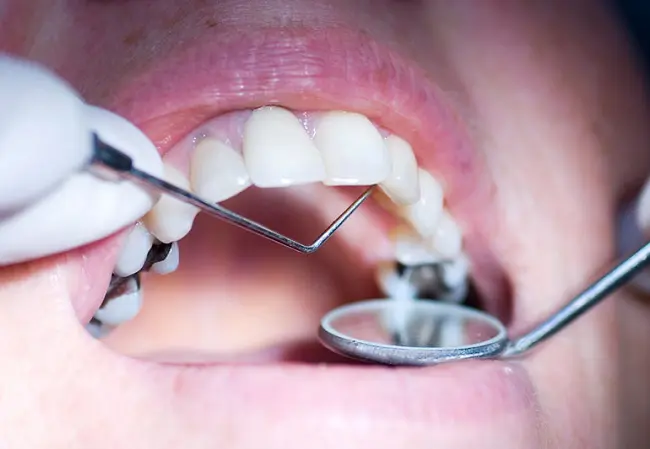African nations are rallying to embrace mercury-free dentistry, aligning with global trends and modern dental practices to safeguard health, the environment, and future generations. The movement is fueled by a growing recognition of the dangers of dental amalgam, a 19th-century material containing mercury, which poses significant risks to health and the environment.
Why Mercury-Free Dentistry Is the Future
Modern dentistry prioritizes preservation of teeth and oral tissues, aiming to maintain full functionality and health for a lifetime. In contrast, the outdated “drill-and-fill” dentistry, reliant on dental amalgam, often leads to poor oral health outcomes, including tooth loss and compromised general health.
- Health Risks of Mercury: Mercury from dental amalgam releases harmful vapors that affect dental workers, patients, and even unborn children. It can cause brain damage in children, reduce sperm quality in men, and contribute to antibiotic resistance.
- Environmental Impact: Mercury from amalgam pollutes ecosystems, especially water bodies, where it poisons fish and impacts human health.
Global Momentum Against Dental Amalgam
The European Union has already taken decisive action, banning the use, import, and export of dental amalgam starting January 2025. Similarly, the Minamata Convention on Mercury mandates a phase-out of dental amalgam for children, pregnant women, and breastfeeding mothers, a law that African nations are urged to enforce.
Africa’s Roadmap for Mercury-Free Dentistry
Under the leadership of Prof. Godwin Toyin Arotiba, Chairman and Founder of the Dentists Committee for a Mercury-Free Africa, the continent is uniting to transition to 21st-century dentistry. Key steps include:
- Immediate Ban for Vulnerable Groups: Ceasing the use of amalgam for children, pregnant women, and breastfeeding mothers.
- Import Phase-Out by October 2025: Restricting imports of dental amalgam.
- Full Phase-Out by January 2026: Eliminating amalgam use entirely across Africa.
Embracing Superior Alternatives
Modern alternatives to dental amalgam, such as glass ionomer, composite resins, and compomers, are safer, more effective, and environmentally friendly. These materials are tooth-friendly and meet the needs of Minimum Intervention Dentistry (MID), a philosophy focused on preserving natural tooth structure.
- Benefits of Mercury-Free Dentistry:
- Non-toxic and eco-friendly materials.
- Safer working environments for dental professionals.
- Improved oral health outcomes for patients.
- Reduced reliance on polluting and outdated materials.
The Role of Policy, Education, and Advocacy
To ensure a successful transition, African governments, dental schools, and practitioners must work together:
- Policy Development: Finalize and implement national policies for phasing out dental amalgam.
- Education and Training: Update dental curricula to focus on mercury-free dentistry and equip practitioners with modern techniques.
- Incentives and Subsidies: Remove import duties on mercury-free materials and eliminate insurance payments for amalgam use.
A United Call to Action
African parents, consumers, and dentists are urged to advocate for mercury-free dentistry and demand safer, sustainable solutions. By uniting, Africa can lead the charge in modern, evidence-based dental care, ensuring healthier lives and a cleaner environment for future generations.
Prof. Godwin Toyin Arotiba emphasizes, “Mercury-free dentistry represents the best of 21st-century dental practices. Together, we can ensure Africa’s dentists and dental schools embrace this vital transition for the health of our people and our planet.”



